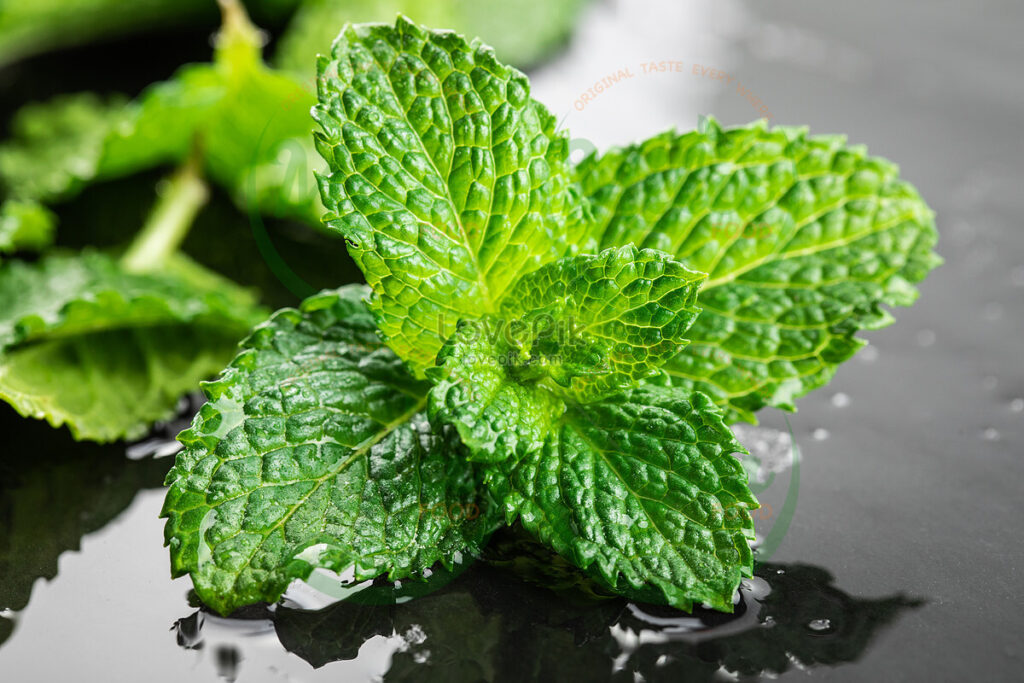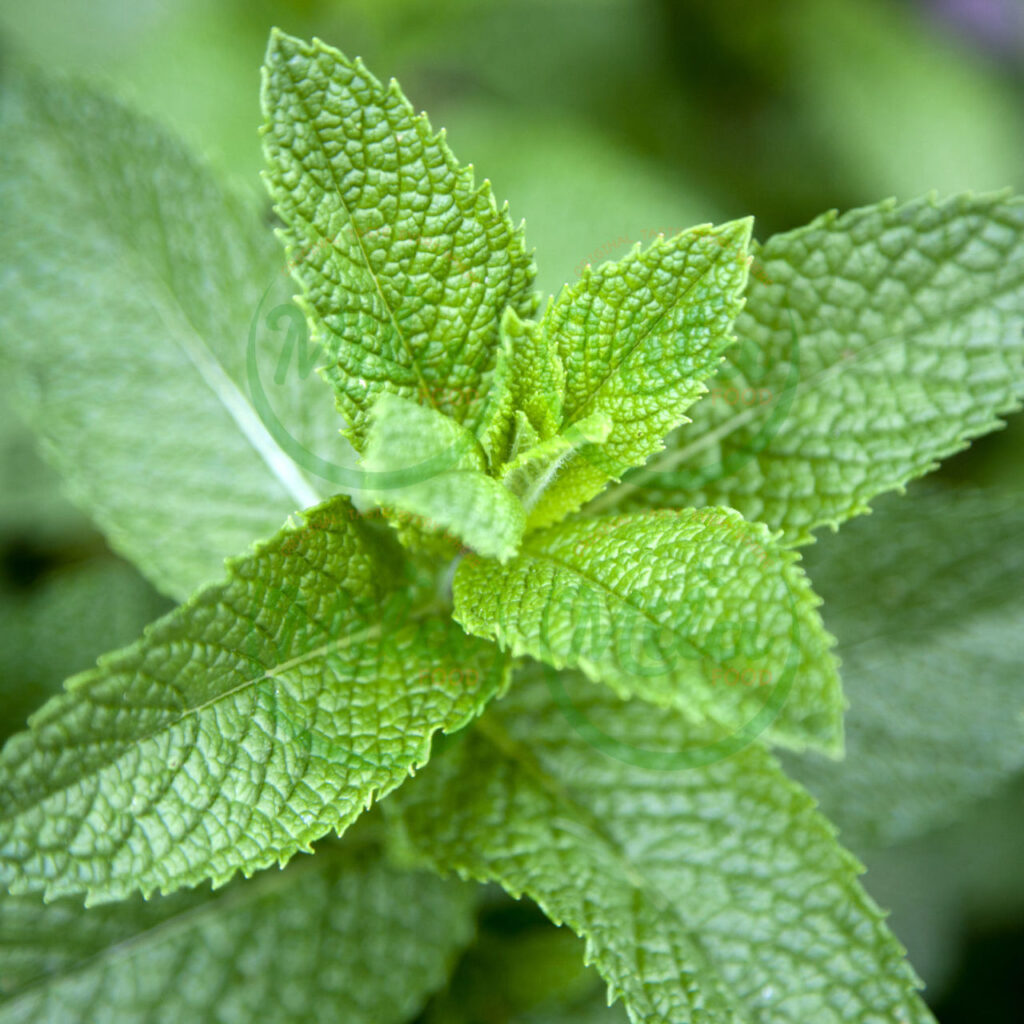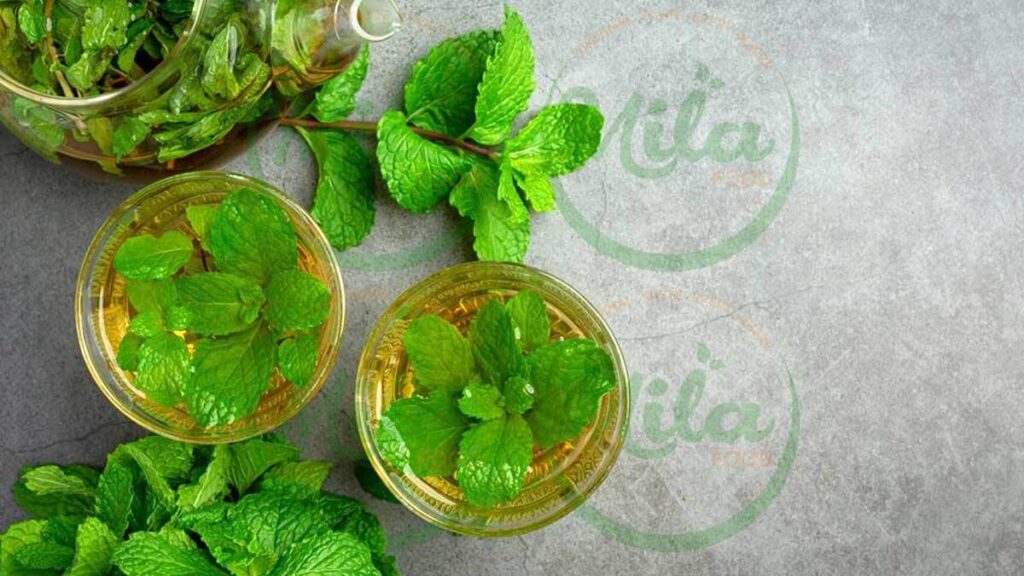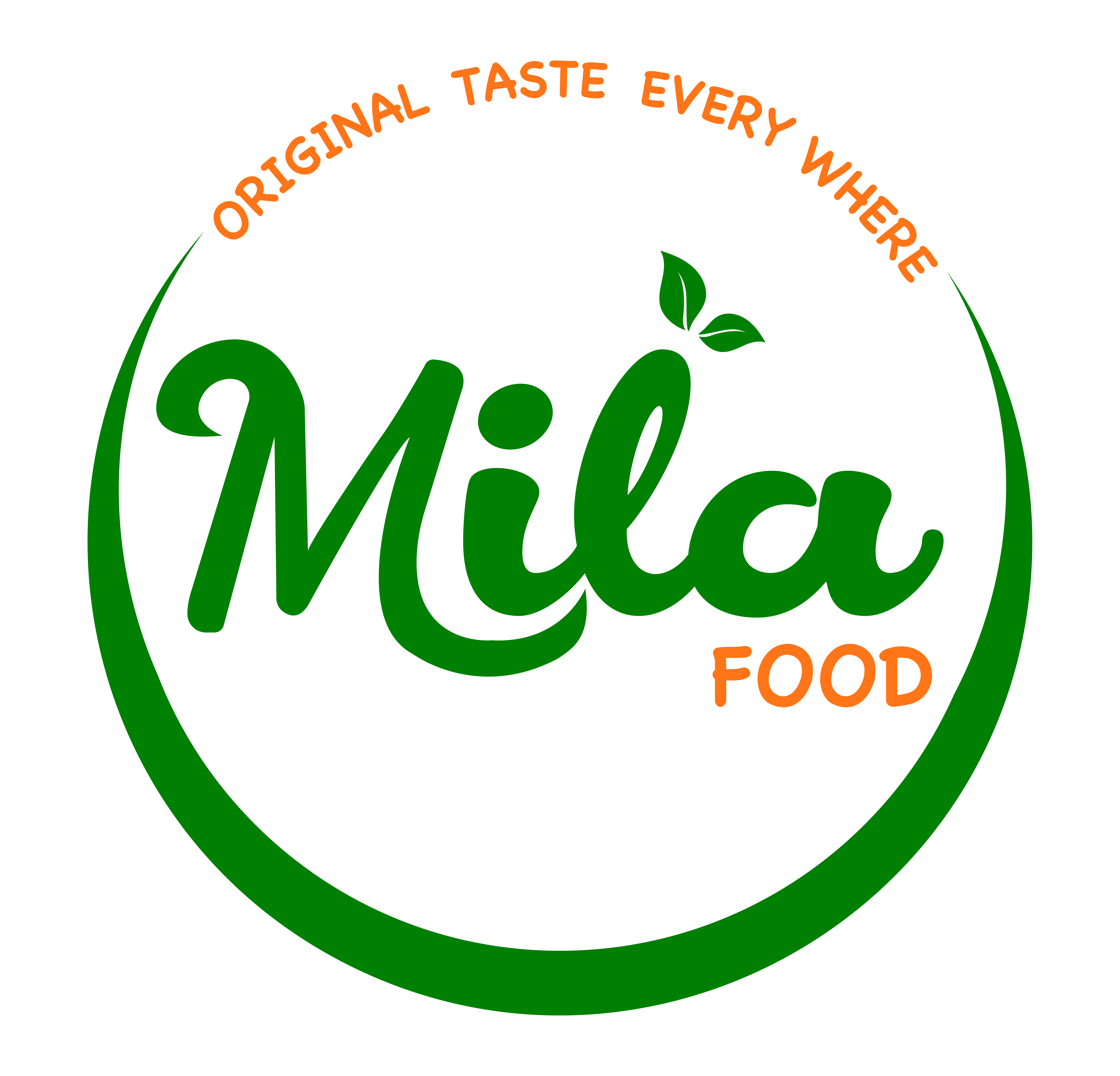


History and Origins: Egyptian mint, scientifically known as Mentha spp., has deep roots in ancient civilizations along the Nile River. Revered for its cooling properties and aromatic fragrance, mint has been cultivated in Egypt for millennia. References to mint can be found in ancient Egyptian texts, highlighting its significance in culinary practices, herbal remedies, and religious rituals. Today, Egyptian mint continues to thrive in the fertile soil of the Nile Delta, embodying a legacy of culinary excellence and cultural heritage.
Appearance and Flavor Profile: Characterized by vibrant green leaves and delicate purple or white flowers, Egyptian mint exudes a refreshing aroma with hints of menthol and citrus. Its flavor is cool and invigorating, with a subtle sweetness and a hint of herbal freshness. Whether used fresh or dried, mint adds a burst of flavor and a touch of elegance to dishes, beverages, and desserts alike.
Culinary Uses and Applications: Egyptian mint is prized for its culinary versatility, lending its refreshing flavor and aroma to a myriad of dishes. The tender leaves are commonly used as a garnish or ingredient in salads, sauces, and beverages, imparting a crisp, refreshing note that enlivens the palate. Mint is also a popular addition to Middle Eastern dishes such as tabbouleh, falafel, and lamb kebabs, where it adds a bright, aromatic accent. Additionally, mint-infused teas and beverages are cherished for their soothing properties and refreshing taste, making mint a beloved ingredient in both savory and sweet creations.
Nutritional Benefits: Beyond its culinary charm, Egyptian mint offers a plethora of health benefits. It is rich in vitamins and minerals, including vitamin A, vitamin C, calcium, and potassium, which support immune function, bone health, and overall well-being. Additionally, mint contains menthol, a natural compound known for its soothing and cooling properties, which can help alleviate digestive discomfort and promote relaxation. Incorporating Egyptian mint into your diet can not only enhance flavor but also nourish your body and uplift your senses.
Cultivation and Sustainability: Egyptian mint thrives in the sunny, temperate climate of Egypt, where it is cultivated using sustainable agricultural practices. Traditional farming methods ensure the preservation of soil fertility and biodiversity, allowing this cherished herb to flourish for generations to come. Whether grown in home gardens or on family farms, Egyptian mint reflects a deep respect for the land and a commitment to sustainable stewardship.

